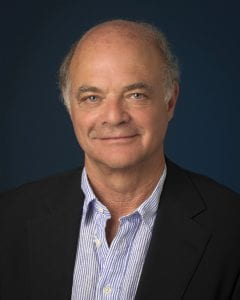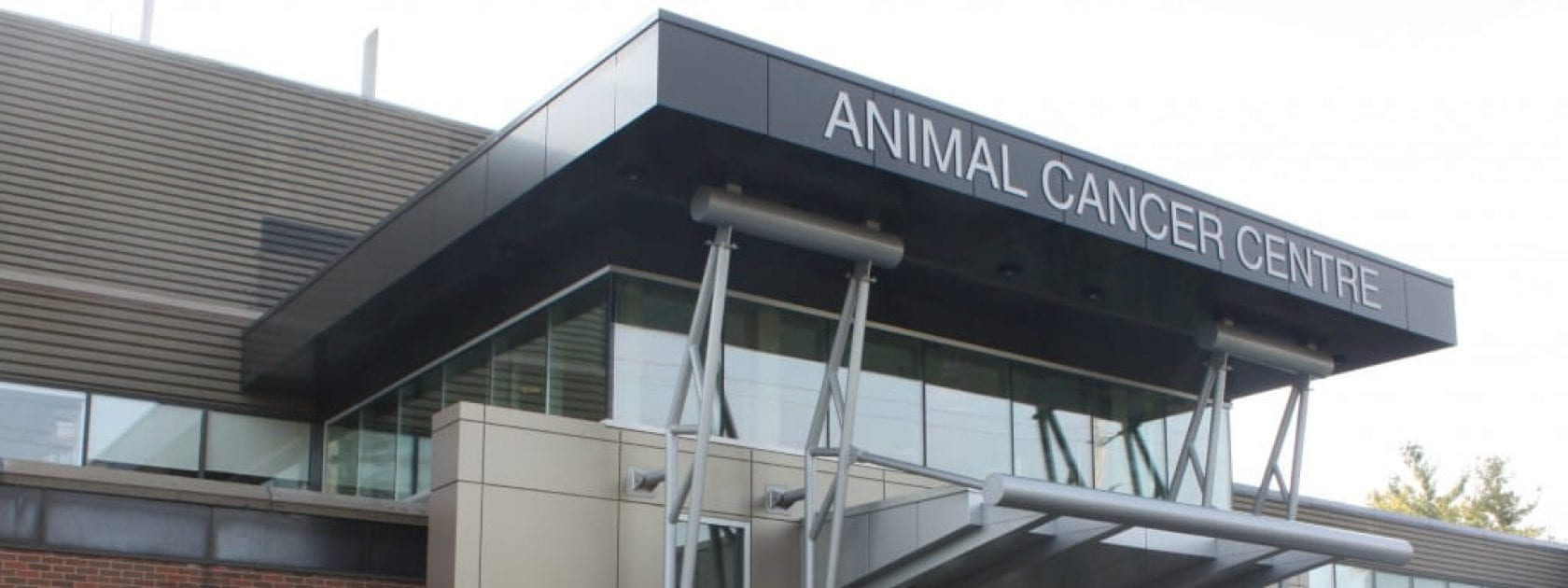
Dr. Amy LeBlanc is a board-certified veterinary oncologist, Senior Scientist and Director of the CCR Comparative Oncology Program at the National Cancer Institute, NIH. In this position, she directly oversees and manages the operations of the Comparative Oncology Trials Consortium (COTC), which designs and executes clinical trials of new cancer therapies in tumor-bearing pet dogs.
Dr. LeBlanc is a graduate of Michigan State University, holding both B.S. and D.V.M. degrees. She completed a rotating internship in small animal medicine and surgery at Texas A&M University and a residency in companion animal oncology at Louisiana State University. She is board-certified by the American College of Veterinary Internal Medicine.
Prior to her appointment at NIH, Dr. LeBlanc was an Associate Professor with tenure and Director of Translational Research at the University of Tennessee College of Veterinary Medicine (CVM) and UT Graduate School of Medicine (GSM). Dr. LeBlanc’s group at the University of Tennessee published the first comprehensive studies describing molecular imaging of dogs and cats using PET/CT, focusing on the forward and back-translation of 18F-labelled radiopharmaceuticals.
Dr. LeBlanc has given numerous invited lectures on the inclusion of companion animals in imaging-based translational research and the value of comparative oncology in drug and imaging agent development. Her program also provides support to several extramural NCI-funded initiatives including the Integrated Canine Data Commons and Cancer Moonshot-funded canine immunotherapeutic clinical trials conducted under the PRECINCT network.

Dr. Robert Kerbel, Ph.D., is Senior Scientist at the Sunnybrook Research Institute, and a Professor in the Dept. of Medical Biophysics, University of Toronto; he is formerly a Tier 1 Canada Research Chair recipient (2001-2015). His overall main research interest is devising new cancer treatment strategies having improved efficacy and reduced toxicity for the treatment of metastatic disease based mainly on exploiting aspects of the tumor microenvironment (TME). This culminated in his translational studies of low dose ‘metronomic’ chemotherapy including in combination with targeted antiangiogenic drugs. He has been studying tumor angiogenesis and antiangiogenic therapy since 1990 and is a leader in the field.
Other major contributions include development of improved preclinical investigational therapeutic models in mice involving early stage or advanced metastatic disease, uncovering mechanisms by which antiangiogenic drugs increase chemotherapy efficacy, and elucidating mechanisms of intrinsic or acquired resistance to antiangiogenic drugs, and more recently, immune checkpoint antibodies. One of his recent research interests is assessment of the significance of ‘vessel co-option’ in tumors on response to antiangiogenic drugs; another is assessing combination therapy utilizing immune checkpoint inhibitors with VEGF targeting antiangiogenic drugs, or metronomic chemotherapy, using new mouse tumor models for immune therapy his lab is developing. His studies involve extensive collaborations with both academia and industry. He has authored or co-authored 452 papers, has an H factor of 125, and given 900 invited lectures around the world.
His research programs over the years have been supported by long term grants from several funding agencies including the Canadian Institutes for Health Research (CIHR), the Canadian Cancer Society Research Institute (CCSRI), Worldwide Cancer Research (WCR), and the National Institutes of Health (NIH), USA, among others, as well as a number of sponsored research agreements with industry. Among the awards he has received include the 2004 Canadian Cancer Society Robert Noble Award for Excellence in Cancer Research, the Breast Cancer Research Award from the European Institute of Oncology in 2008, a Man of Distinction Honor by the Israel Cancer Research Fund in 2011, and the Colin Thomson Memorial Medal for achievements in cancer research from Worldwide Cancer Research in 2013.

Dr. Paul Spagnuolo joined the Department of Food Science in 2016 after holding an Assistant Professor position at the School of Pharmacy, University of Waterloo. His research is focused towards investigating the anti-cancer effects of food-derived bioactive compounds, specifically nutraceuticals that target and destroy leukemia and leukemia stem cells. These compounds are then utilized as molecular probes to further investigate the pathways that control cancer cell survival and death. Overall research objectives are to identify new anti-cancer neutraceutical compounds and determine their regulation in apoptosis and other forms of cell death.

Dr. Valerie Poirier was born in Quebec and graduated from University of Montreal in 1998. She started working at the University of Wisconsin in 1999 where she acquired her Diplomate of the American College of Veterinary Internal Medicine (Oncology) in 2003. From there, she moved to Switzerland and began work at the University of Zurich in 2003 working as a medical and radiation oncologist and acquired Diplomate status of the American College of Veterinary Radiology (Radiation Oncology) – Medical and Radiation Oncologist in 2006. In 2007 she moved to Australia and joined the team at Brisbane Veterinary Specialist Centre and helped built the first radiation facility for pets in the southern hemisphere. She moved to Guelph in August 2012 and is part of the Animal Cancer Centre as a Radiation Oncologist.


